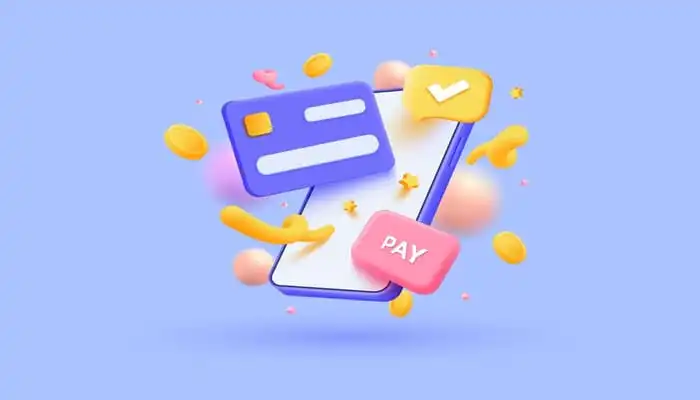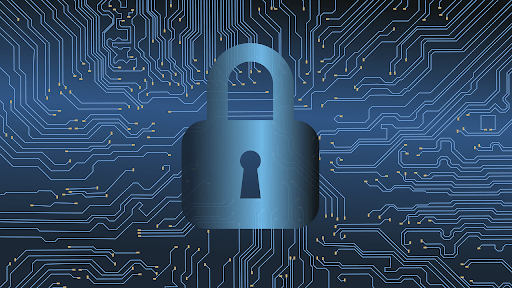Will AI Change How We Use VPNs?
AI is entering a new era of VPN technology, making online security smarter and more accessible. Combining AI and VPN technology provides VPN users access to an even higher level of security. Find out how AI-powered VPNs could revolutionize your online privacy and browsing experience.

Over the past ten years, two critical technologies—AI and VPNs—have become widely used. However, combining the two might provide VPN users access to an even higher level of security. What potential applications for AI exist in VPNs, and is this technology presently present in VPN software?
Understanding a Basic VPN
Your typical Virtual Private Network (VPN) operates by routing internet traffic through a distant server, which is encrypted before leaving the server. Depending on where you are, you can leverage a VPN to access content only available in another country. For instance, you can use a Brazil VPN to appear as though you are connecting to the web from Brazil and thus be treated as a local internet user.
Overall, the core function of VPNs is encryption, but you may also access many additional functions like kill switches and geo-blocking. The best VPNs now available do not include AI in their standard operations; however, many providers do mention AI on their websites.
Although there aren't any AI-based VPN features, this intelligent technology might one day give VPNs even more complex capabilities. So, how would that appear?

The Rapid Development of Artificial Intelligence
Science fiction is no longer the exclusive domain of artificial intelligence. Your pocket, automobile, the internet, and the offline world all contain examples of machine learning. Machine learning searches for patterns and logs any accurate predictions to construct the next generation of AI. This process of duplication is carried out until the algorithm is self-sufficient. However, there are pros and cons to this type of educational technology, with our privacy, security, and individuality being the most salient ones.
AI can be abused by the wealthy and powerful, and as with rapidly developing new technology, we should remain conscious of all possible outcomes. Currently, it aids governments in developing new techniques for online censorship. Artificial intelligence can gather information covertly and access individuals' private data worldwide. Virtual private networks (VPN) appear to be necessary in this situation.
When AI and VPN technology meets
AI benefits VPN technology even more than it does bad actors. Although there are concerns, as with any powerful technology, AI is at the forefront of cybersecurity transformation, and VPNs are crucial to every cybersecurity awareness action or discourse.
This is accomplished by AI-based routing, which allows Internet users to connect to the nearest VPN server to the destination server. This improves ping and increases connection security by allowing traffic to remain within the network. It also makes tracking the user much more difficult. AI-powered VPNs make home networks much more secure. A typical security breach occurs just as frequently on a home network as on corporate equipment.

How VPNs Can Use AI Technology
Personalizing the VPN experience
VPN companies can employ AI to tailor their consumers' experiences. AI can scan and recommend the best servers based on the user's needs and location. This will improve the user experience, and users will save time and effort as they will not need to seek the most secure servers for their purposes.
Optimization of VPN connections
Artificial intelligence can be used to optimize existing VPN connections so that the quickest and most secure server is automatically selected. As a result, customers don't have to second-guess themselves while connecting to a VPN server because AI has already done the research and is presenting the best possibilities. This will enhance performance and reduce latency.
Malware detection and prevention
VPN companies can benefit from AI's role in detecting and fighting malware. Viruses, malware, or anyone with bad intent may attempt to meddle with VPN connections at times. However, AI can foil these attempts and protect users.
As a result, combining VPN and AI will improve the cybersecurity and usability of VPN apps and expand the potential of VPN technology. VPNs may be able to encrypt file transfers, block dangerous or intrusive adverts, and even establish virtual private networks on demand with the help of AI.
Censorship
Aside from security, one of the primary purposes of VPN is to mislead the host server into thinking the user is browsing the web from another place. This facilitates access to geo-restricted content such as location-based TV shows, movies, and news.
VPNs that use AI will be able to outperform other AI-based algorithms. As a result, they will play an essential role in circumventing censorship.
Censorship is growing more common in several countries, including China and Russia. VPNs allow users to conceal their IP address and fool the host server into thinking they are someplace else. This would provide consumers access to global content libraries and web services like Amazon, Google, and Facebook.
The Bottom Line
AI and VPN technology may become indistinguishable from each other in the near future. With AI's capabilities to improve the VPN technology we already have, it's difficult to imagine a scenario where we don't leverage these possibilities to optimize our security and other VPN functions.



